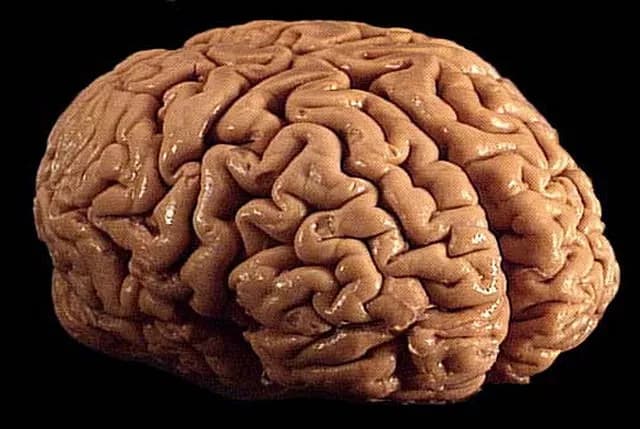
Stimulating Specific Brain Area Could Help Defrost Arms Frozen By Stroke
Little can be done to help the hundreds of thousands of people whose severe strokes have left them with one arm stuck close to the sides of their bodies like a broken wing. A 30-patient study by Washington researchers, however, has found that magnetically stimulating a specific part of their brains can affect arm movements -- raising hope that, in the future, a short course of therapy targeting this area could help to free the arm and restore some use of the stroke-affected limb.
The research, being presented at Neuroscience 2015, the annual meeting of the Society for Neuroscience, is the first to focus on the transient changes that transcranial magnetic stimulation (TMS) can affect in patients with severely disabling post-stroke arm impairment.
"Little research has looked at this severely impaired population -- most is aimed at improving relatively mild movement impairments -- and, as a consequence, no validated treatment is available to help those with the most severe disabilities," says Rachael Harrington, a fourth-year PhD student in the Interdisciplinary Program in Neuroscience at Georgetown University Medical Center (GUMC) who will present the study.
Harrington is working with principal investigator Michelle L. Harris-Love, PT, PhD, a member of the Center for Brain Plasticity and Repair, a program based at Georgetown University and MedStar National Rehabilitation Network (MedStar NRH). Harris-Love directs the Mechanisms of Therapeutic Rehabilitation (MOTR) Laboratory at MedStar NRH.
The proof-of-principle study shows a role for control of affected arm movement in the side of the brain not affected by the stroke, she says. Modulating function of this area using TMS altered motor function in a way that was not observed in patients with more mild arm impairment. This suggests that the targeted area may have a special role in recovery for more severely impaired patients.
Follow-up studies will assess whether repeated stimulation of the unaffected side of the brain can help to "teach" it to control the impaired arm, Harrington says. "Stimulating this area repeatedly may force the brain to use this latent area -- neurons that fire together wire together."
"These findings offer promise that these patients may be able to gain function, independence and a better quality of life," she says. Harrington adds that between 30 and 40 percent of the 600,000 strokes that occur annually result in chronic upper arm impairment.
TMS, currently approved by the FDA only for drug-resistant depression, is being tested as a treatment for a wide variety of brain disorders.
The above post is a redistributed news release provided by the Oregon Health Authority. Note: Materials may be edited for content and length.
Disclaimer: DoveMed is not responsible for the adapted accuracy of news releases posted to DoveMed by contributing universities and institutions.
Related Articles
Test Your Knowledge
Asked by users
Related Centers
Related Specialties
Related Physicians
Related Procedures
Related Resources
Join DoveHubs
and connect with fellow professionals

0 Comments
Please log in to post a comment.